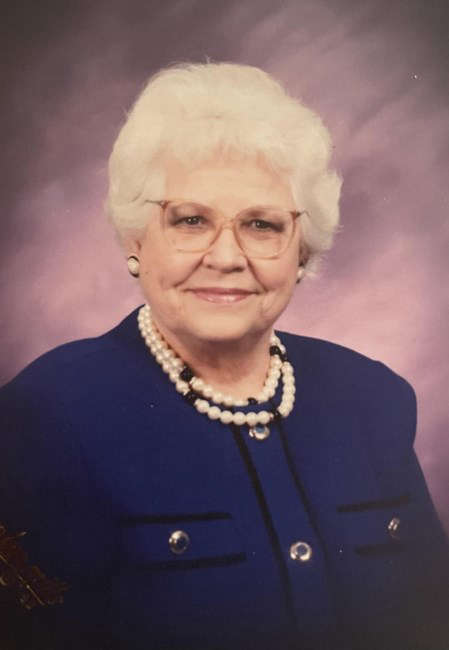
Sometimes it may be easier to prepare your turkey the day before you plan to serve it. Here is how to do it safely.
Cook the Turkey
Follow these steps to safely cook a turkey. First, set your oven temperature no lower than 325°F. Always wash hands, utensils, the sink, and anything else that comes in contact with raw turkey and its juices with soap and water. Remove the giblet package before cooking. Remember to use a food thermometer. If your turkey has a "pop-up" temperature indicator, it is recommended that you also check the internal temperature of the turkey in the innermost part of the thigh and wing and the thickest part of the breast with a food thermometer. A whole turkey is safe when cooked to a minimum internal temperature of 165 °F as measured with a food thermometer.
Wait about 20 minutes after removing turkey from the oven to allow the juices to distribute. Wash your hands with soap and water for about 20 seconds. Slice breast meat; legs and wings may be left whole. Place turkey in shallow containers; limit depth to less than 2 inches. Metal containers cool faster than glass-type pans or plastic containers. Refrigerate turkey, loosely covered to help cool faster. Cover tightly when food is completely cooled. Save broth in shallow containers for gravy and place in refrigerator.Reheat the Turkey
When serving your turkey the next day, the USDA Meat and Poultry Hotline advises that cooked turkey may be eaten cold or reheated. To reheat your turkey, USDA gives the following recommendations:
In the Oven:
Set the oven temperature no lower than 325°F. To keep the turkey moist, add a little broth or water and cover. Reheat turkey to an internal temperature of 165°F. Use a food thermometer to check the internal temperatureIn the Microwave Oven:
Put turkey in a microwave safe container. To keep the turkey moist, add a little broth or water and cover. Cover your food and rotate it for even heating. Consult your microwave oven owner's manual for recommended times and power levels. Allow standing time. Check the internal temperature of your food with a food thermometer to make sure it reaches 165°F.Leftover Turkey
Throw out any leftovers left at room temperature longer than 2 hours. Either freeze leftover turkey or plan to eat it within 3-4 days of the day it was originally prepared. For best safety and quality, avoid reheating and cooling turkey multiple times.
Traveling with Turkey
It is easier and safer to bring turkey pre-cooked and cold. Carry it in an insulated cooler packed with ice or frozen gel-packs to keep the cooler temperature under 40°F. Then reheat the turkey at your final destination.
Source: Nebraska Extension Food Calendar
Visit our homepage at www.extension.purdue.edu/putnam or you can contact the local Purdue Extension Office by calling 765.653.8411 for more information regarding this week’s column topic or to RSVP for upcoming events. It is always best to call first to assure items are ready when you arrive and to RSVP for programs. While many publications are free, some do have a fee. Purdue University is an equal access/equal opportunity institution. All times listed are Eastern Time.
Upcoming Events:
Nov. 24 & 25 – Extension Office Closed for Thanksgiving
Dec. 1 – PARP & Outlook Meeting, 9:30 am, register at https://tinyurl.com/PutPARP22
Dec. 5, 7, 9, 12, & 14 – Managing for Today & Tomorrow webinar series, 10:00 am, $25, register at https://tinyurl.com/M42AT
Dec. 5 – Junior Leader Officer webinar, 7:00pm, https://bit.ly/JrLdrOfficers
Dec. 6 – Digging Deeper into Land Leases webinar, 6:30 pm, $25, register at https://tinyurl.com/Digging22
Dec. 7 – Digging Deeper into Land Leases webinar, 10:00 am, $25, register at https://tinyurl.com/Digging22
Dec. 13 – ServSafe 1-Day Class and Online Exam, 9am-4pm, register at https://purdue.edu/servsafe/workshops


 Kandee Cook to serve as GIANT fm account executive in both Rockville and Greencastle
Kandee Cook to serve as GIANT fm account executive in both Rockville and Greencastle
 The Putnam County Museum announces Sunday opening hours
The Putnam County Museum announces Sunday opening hours




